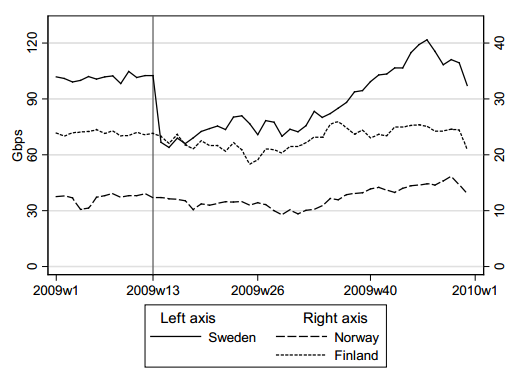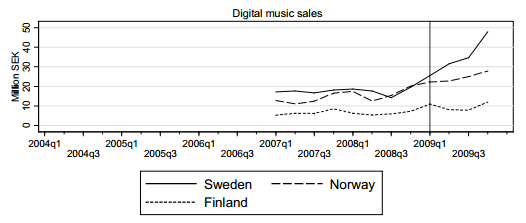Off US Blacklist, Italy Begins Torrent Site Blackout, No Trials Needed
samedi 10 mai 2014 à 14:23 After coming under intense and sustained US-pressure to change its attitudes to online piracy, earlier this month it became clear there had been an Italian breakthrough. After being firmly planted on the USTR’s Watch List in the Special 301 Report, Italy was notably absent from the USTR’s 2014 edition.
After coming under intense and sustained US-pressure to change its attitudes to online piracy, earlier this month it became clear there had been an Italian breakthrough. After being firmly planted on the USTR’s Watch List in the Special 301 Report, Italy was notably absent from the USTR’s 2014 edition.
“Italy’s removal from the Special 301 List reflects the significant steps the Government of Italy has taken to address the problem of online piracy, and the continued U.S. commitment to meaningful and sustained engagement with our critical partner Italy,” the USTR said in a special announcement earlier this month.
What Italy had done to deserve these compliments was fairly extraordinary. Instead of legislating to make a piracy crackdown easier or more effective, the government handed AGCOM, the Italian Communications Regulatory Authority, the power to deal with infringement.
Without need for costly and drawn out legal cases and court-ordered injunctions, from March 31, 2014, AGCOM had the power to order the removal of infringing content or the blocking of allegedly copyright-infringing domains. Remember, these are regulations calling the shots – not legislation.
Now, a little over two months since the start of the new system, AGCOM has been flexing its muscles against what many people believed to be the framework’s primary targets – torrent sites.
In four decisions made public this week by AGCOM, LimeTorrents, TorrentDownload.ws, Torrentz.pro and TorrentDownloads.me were all deemed to be infringing and as a result will end up blocked by the country’s ISPs. The decisions, published on AGCOM.it, also reveal who made the complaints and when.
The LimeTorrents case was reported to AGCOM by local anti-piracy group FPM representing Sony Music, Warner Music and Universal Music. In their evidence the labels provided links to torrents that linked to their works. After a review AGCOM agreed that the labels’ complaints were genuine. Attempts to contact LimeTorrents’ owners failed so they were disallowed from involvement in the process.
In conclusion, and “in compliance with the principles of proportionality”, on May 5 Italian ISPs were given just two days to block subscriber access to LimeTorrents. In general terms the complaints against the other sites were similar and featured both music and video focused anti-piracy groups working on behalf of several movie studios. Those sites will also be blocked.
Notable is the streamlined nature of the process. All complaints were filed mid-April and today, less than three weeks later, the blocks should already be in place. Little wonder the USTR is pleased.
Source: TorrentFreak, for the latest info on copyright, file-sharing and anonymous VPN services.



 Just when it seemed that Tarantino and his legal team were in for the long haul against Gawker, things have taken a turn for the unusual.
Just when it seemed that Tarantino and his legal team were in for the long haul against Gawker, things have taken a turn for the unusual.
